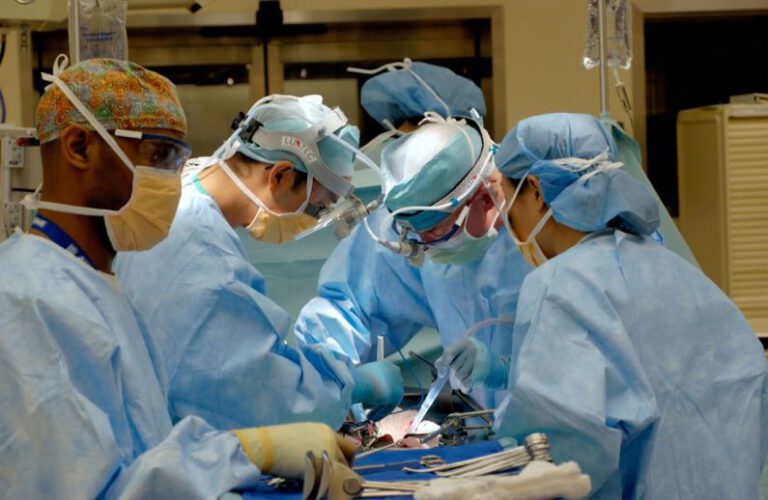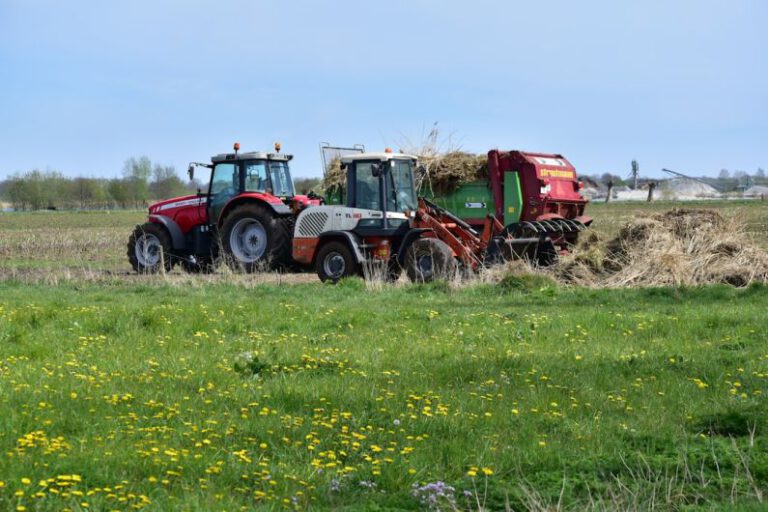Automation and Creativity: How Ai Is Producing Art and Music
In the realm of art and music, the intersection of technology and creativity has given rise to a new era of innovation. With the advent of artificial intelligence (AI), machines are now capable of producing art and music that rival the creations of human artists. This phenomenon raises questions about the nature of creativity and the role of AI in shaping the future of these creative industries.
The Rise of AI in Art
Artificial intelligence has made significant strides in the realm of visual art, with algorithms capable of generating paintings, drawings, and even sculptures. One of the most well-known examples of AI-generated art is the portrait “Edmond de Belamy,” created by the French art collective Obvious using a Generative Adversarial Network (GAN). This piece, which sold at auction for over $400,000, sparked a debate about the role of AI in the art world.
AI is not limited to traditional forms of visual art; it has also been used to create digital art and multimedia installations. Artists and technologists are exploring the boundaries of what AI can achieve, pushing the limits of creativity and challenging traditional notions of authorship and originality.
The Fusion of AI and Music
Similarly, AI has revolutionized the music industry, enabling composers and musicians to explore new sonic landscapes and experiment with unconventional sounds. From algorithmically generated compositions to AI-powered music recommendation systems, technology is reshaping the way we create, consume, and interact with music.
One of the most famous examples of AI in music is the album “Hello World” by the AI-generated virtual band, DADABOTS. Using a neural network trained on death metal music, DADABOTS produced an entire album of original compositions that push the boundaries of what is considered “human” music.
The Impact on Creativity
The integration of AI into the creative process raises important questions about the nature of creativity and the role of human artists in a world dominated by machines. While some fear that AI will replace human artists, others see it as a tool that can enhance and amplify human creativity.
AI can assist artists by generating ideas, exploring new possibilities, and providing inspiration. By analyzing vast amounts of data and identifying patterns and trends, AI can help artists make informed decisions and push the boundaries of their creativity.
Challenges and Ethical Considerations
Despite the potential benefits of AI in art and music, there are challenges and ethical considerations that must be addressed. One of the main concerns is the issue of authorship and ownership of AI-generated works. Who owns the rights to a piece of art or music created by an algorithm? Should AI be credited as a co-creator, or is it merely a tool used by the human artist?
Another challenge is the potential for AI to perpetuate biases and stereotypes present in the data it is trained on. If algorithms are not carefully designed and monitored, they can inadvertently reinforce existing inequalities and discrimination in art and music.
The Future of AI in Art and Music
As AI continues to evolve and become more sophisticated, its impact on art and music will only grow. Artists, musicians, and technologists will need to grapple with the implications of this technology and find ways to harness its potential while mitigating its risks.
The future of AI in art and music is one of collaboration and co-creation between humans and machines. By embracing the possibilities of AI and integrating it into the creative process, artists can unlock new avenues of expression and push the boundaries of what is possible in the world of art and music.
Embracing the Future of Creativity
In conclusion, the integration of AI into art and music represents a new frontier of creativity and innovation. By leveraging the capabilities of AI, artists can explore new artistic horizons, challenge traditional practices, and redefine the boundaries of creativity. As we navigate this new landscape, it is essential to approach AI with a critical eye, address ethical concerns, and foster a culture of collaboration between humans and machines. The future of art and music is bright, with AI as a powerful ally in the pursuit of creativity and expression.






